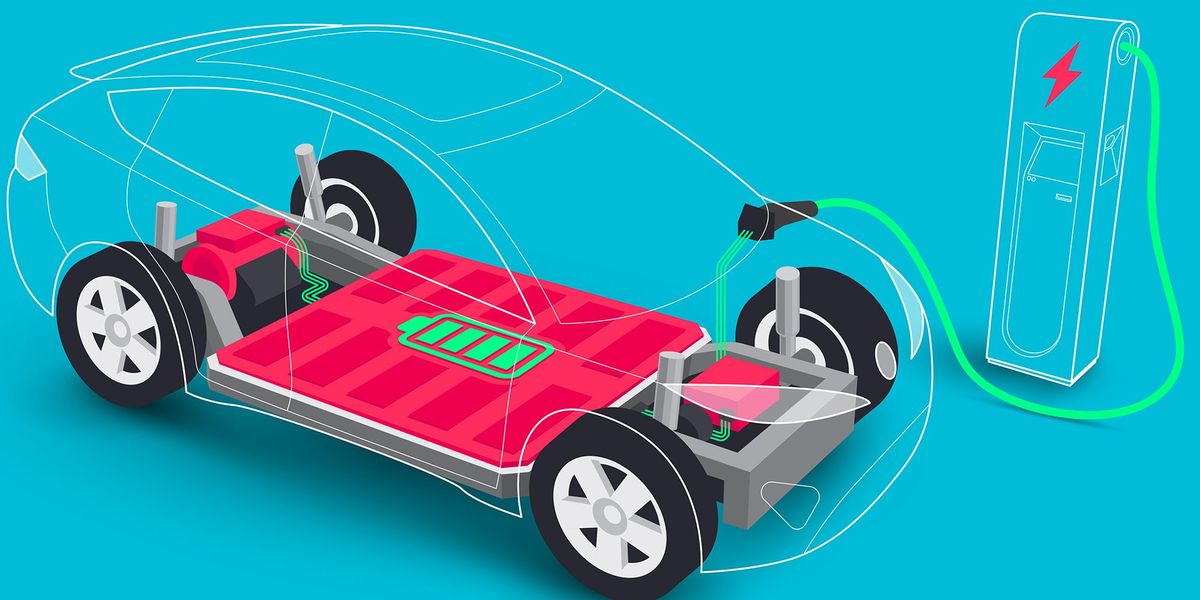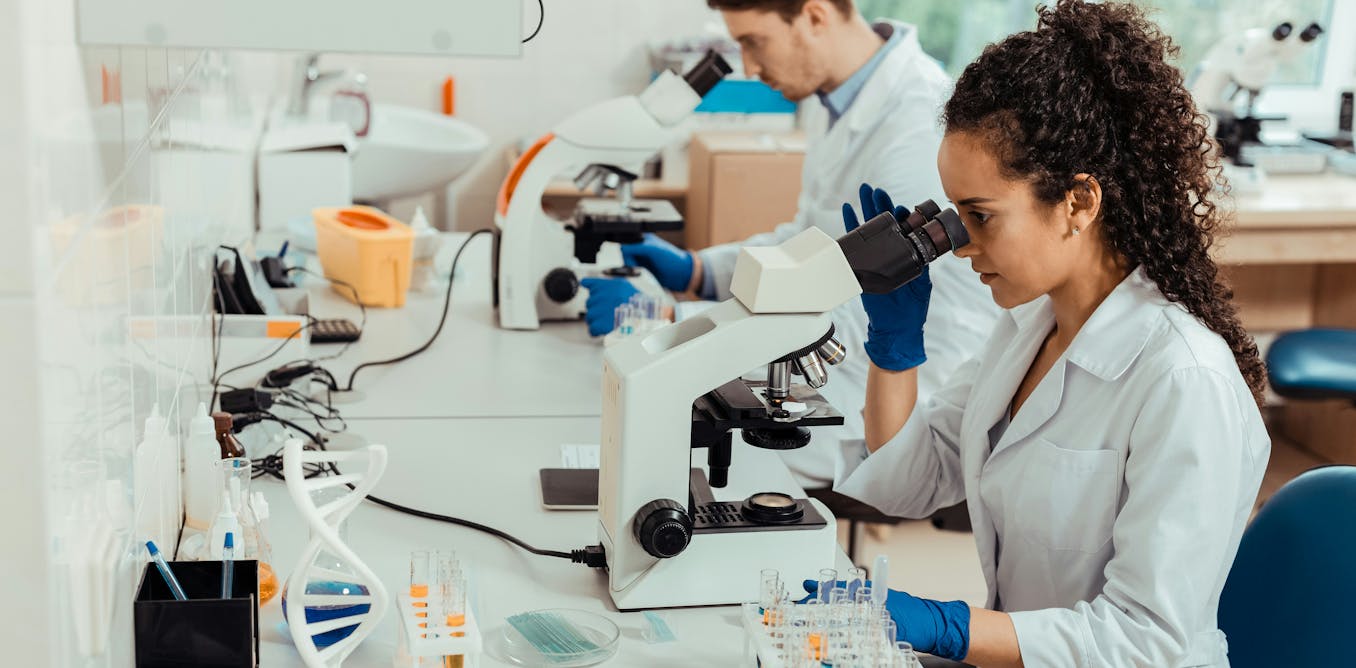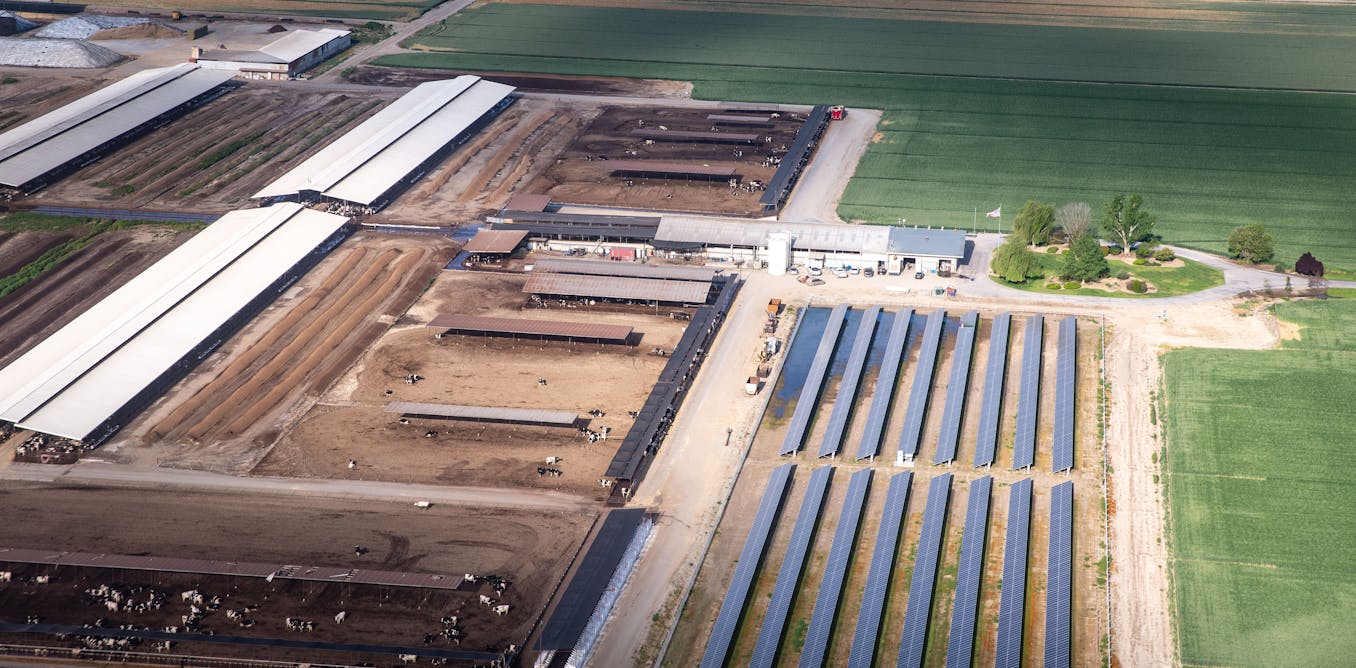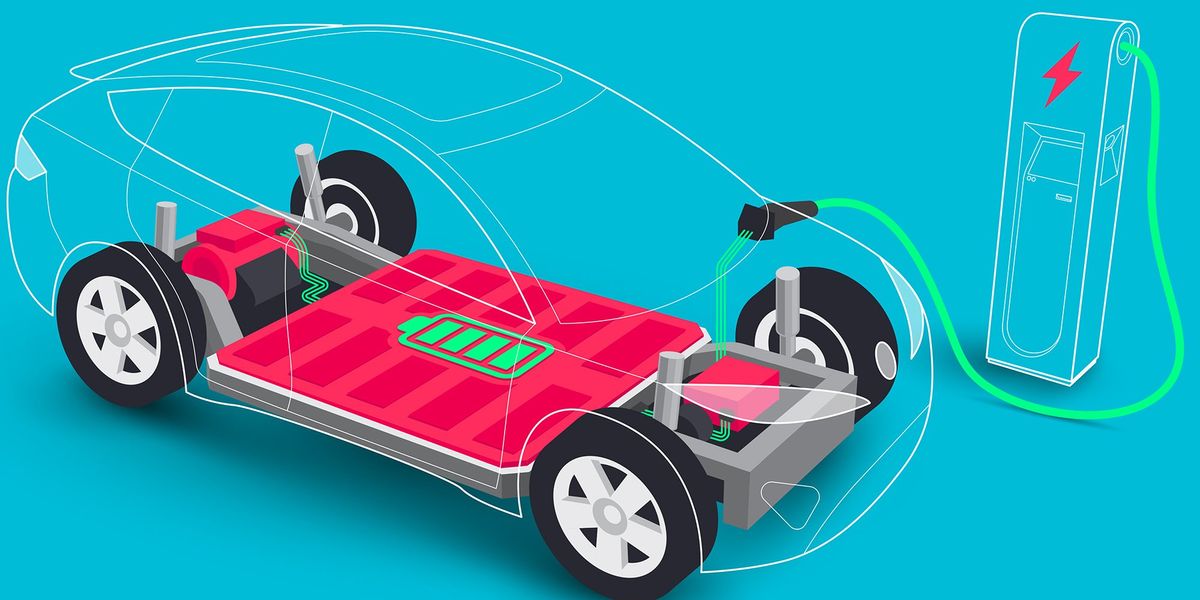This article is part of our exclusive IEEE Journal Watch series in partnership with IEEE Xplore.
As more electric vehicles hit the roads, the environmental impact of their battery production will also increase. This raises a major question: What type of EV battery will be the most environmentally friendly on a large scale?
A study published 1 February in IEEE Access suggests that, after considering five different types of EV battery cells, lithium-sulphur cells will be the most environmentally friendly. The results also suggest that cells that don’t rely on precious and critical metals are fundamental for ensuring sustainable production.
The most common EV battery today is the lithium-ion cell. But many other batteries are being developed, tested, and are slated to hit the market in the next few years. Each one involves different pros and cons when it comes to energy density and the environmental impacts of its production and use.
Batteries that have silicon in their anodes—such as silicon-polyacrylonitrile (SiCPAN) and silicon nanowires (SiNWs) cells—have much greater energy density than traditional lithium-ion cells, which are made with graphite anodes. However, these silicon-based cells currently require the incorporation of precious metals, such as silver, to help stabilize them during charging and discharging.
Another option is the use of all-solid-state cells, which offer nearly double the energy density of the best-performing lithium-ion batteries, resulting in a smaller and lighter battery pack. However, this technology also requires the incorporation of precious metals.
Lastly, lithium-sulphur cells are emerging as promising battery for EVs because they have theoretically high capacity and energy density—without containing rare earth metals. Despite that advantage, more technology advancements are needed to realize the full potential of these cells.
Overall, lithium-sulphur cells are the most environmentally friendly EV battery.
Antonella Accardo is a research fellow at the Polytechnic University of Turin, in Italy, and a member of the university’s interdepartmental Center for Automotive Research and Sustainable mobility (CARS) center. Accardo was interested in comparing the environmental impacts of these EV batteries if the manufacturing of each was scaled up to industrial levels.
To do so, her team conducted environmental impact assessments of SiCPAN, SiNWs, all-solid-state, and lithium-sulphur cells, compared to the conventional lithium-ion cell. “We selected [these] cells as current representatives of the most promising technologies for the automotive market in the next decades,” explains Accardo. “The cells were identified based on their suitability to meet the performance and safety requirements of electric vehicles.”
They conducted a novel “cradle-to-gate“ prospective life cycle assessment, which looks at the full impact of each cell over the course of its production from sourcing the raw materials to the…
Read full article: The Lithium-Ion Battery May Not Be the Best Bet for EVs

The post “The Lithium-Ion Battery May Not Be the Best Bet for EVs” by Michelle Hampson was published on 02/29/2024 by spectrum.ieee.org
































